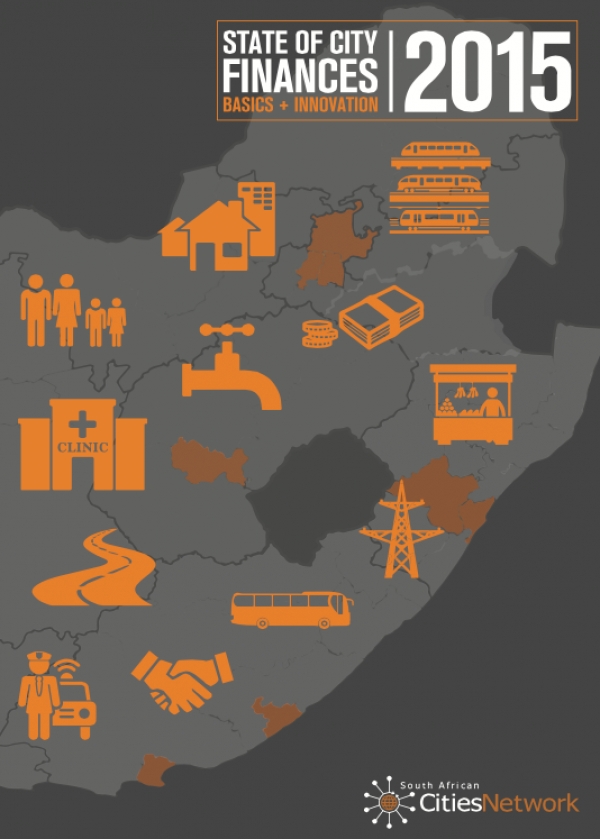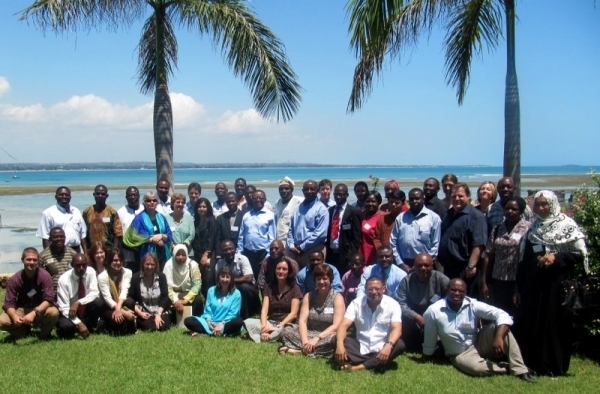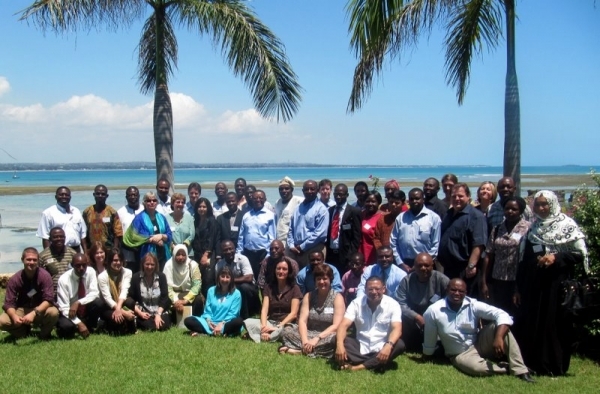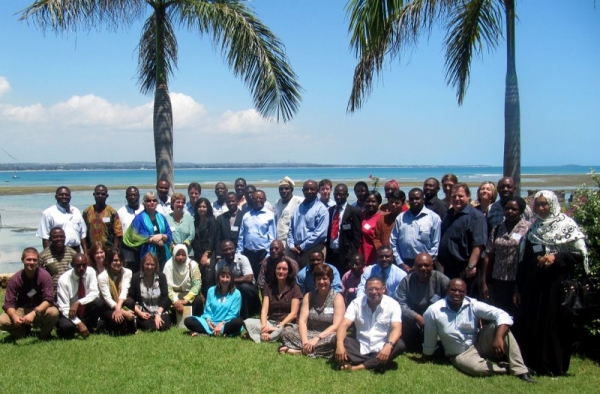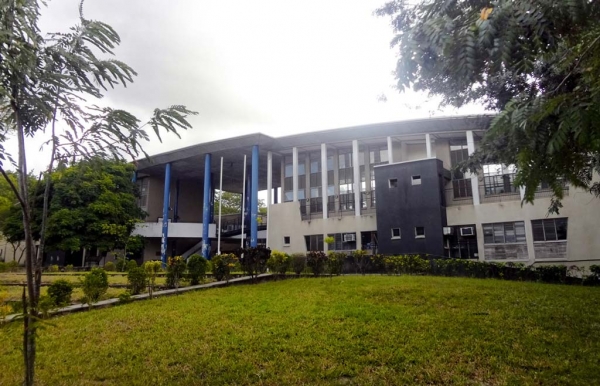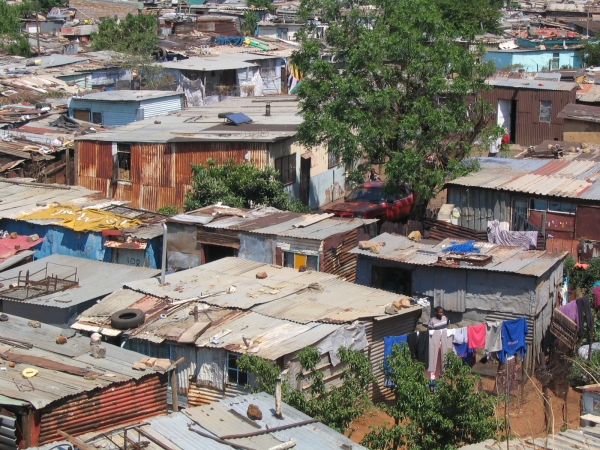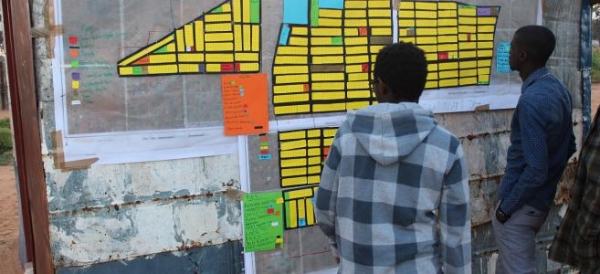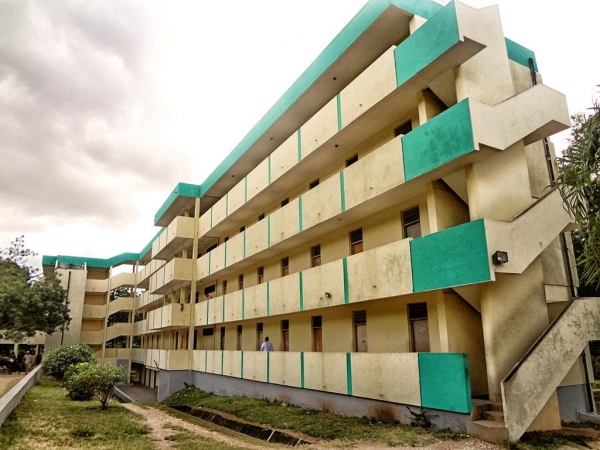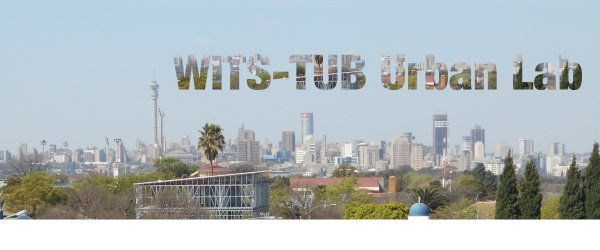The fourth State of City Finances report from the South African Cities Network (SACN) shows cities' financial management continues to improve, that the nationally determined cost of electricity is presenting affordability challenges for cities and households, and that transforming urban environments will require increasing and ongoing financial support.
Cities are now home to the majority of the South African population and are responsible for more than half of the GDP.
They are thus coming into sharp focus as the future of South African growth and development is considered to rest largely in their economic performance. Enabling this performance requires adequate levels of municipal funding effectively applied to the delivery of social and economic infrastructure.
This edition of the report series begins by giving a clear indication that financial management by city governments has consistently improved. Since 2008 – a period of global financial crisis – city revenues have held up remarkably well.
Seen with the overall steady service delivery performance of cities, this gives some confidence that our cities could indeed form the basis for the inclusive growth that South Africa is calling for.
However, the report also shows that emerging pressures are squeezing cities' revenues and jeopardising their financial sustainability.
With cities rightly looking to bolster their financial position, the 2015 SOCF report offers a series of recommendations for cities to:
- Do more with what they currently have (keep improving towards maximising efficiencies);
- Explore additional tax revenue options in negotiation and consultation with the national government; and
- Continue to lobby for a greater share of nationally collected revenue.
Given that cities are acknowledged to be of strategic national importance, they will need to actively secure their sustained ability to effectively play their role, and also make their voice prominent in inter-governmental forums and strategic agendas.
Click here to download the SACN State of City Finances report for 2015.
Text sourced from eNCA.

